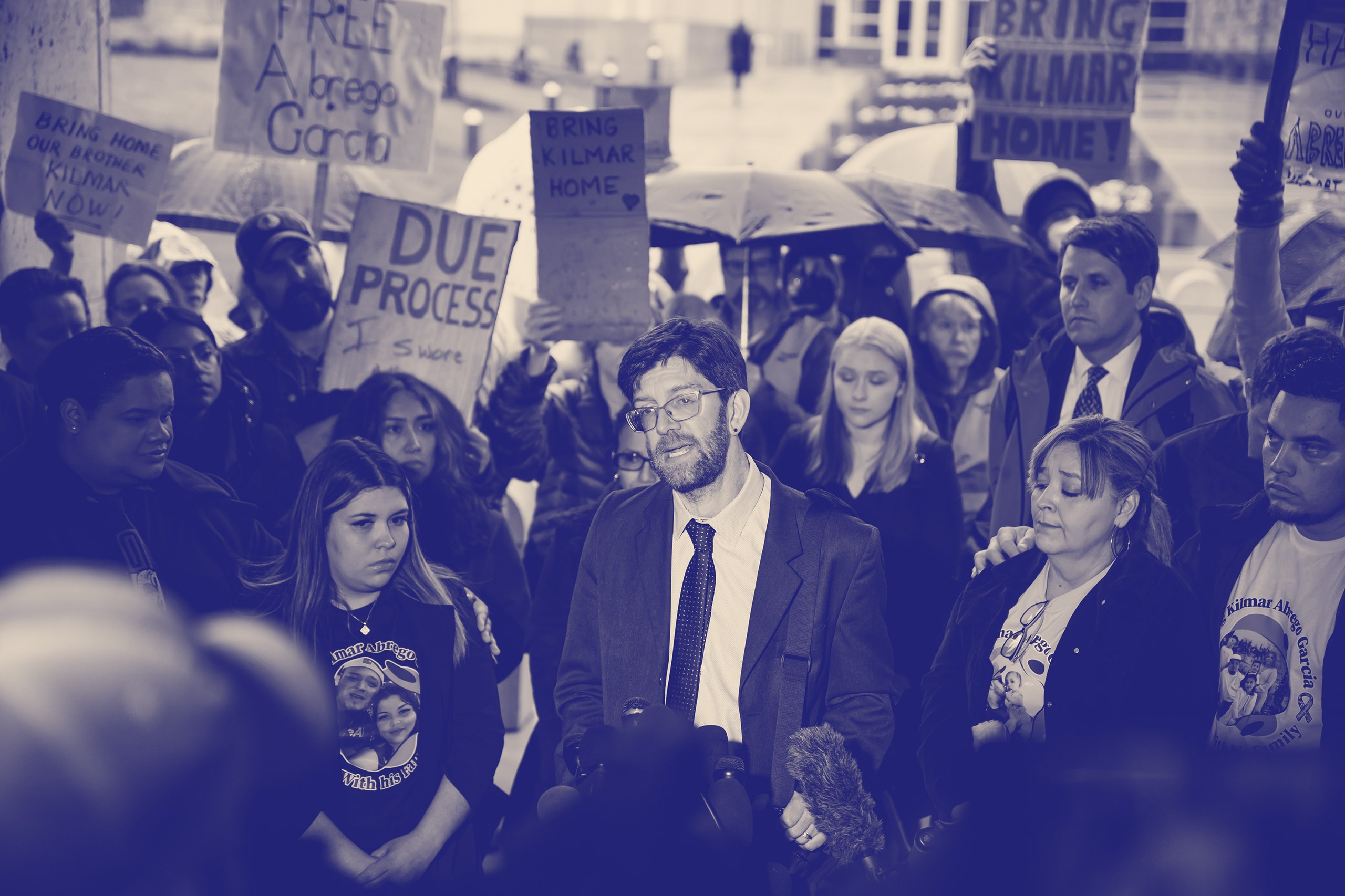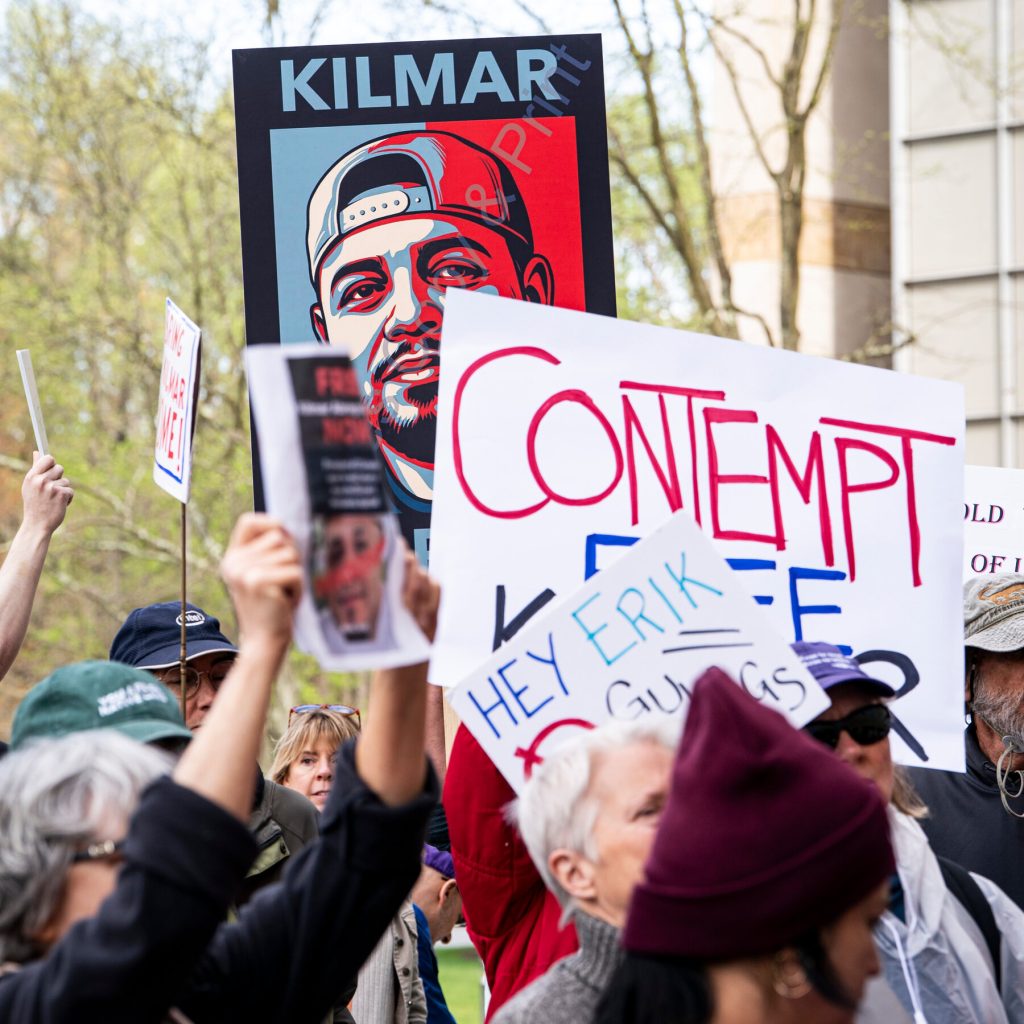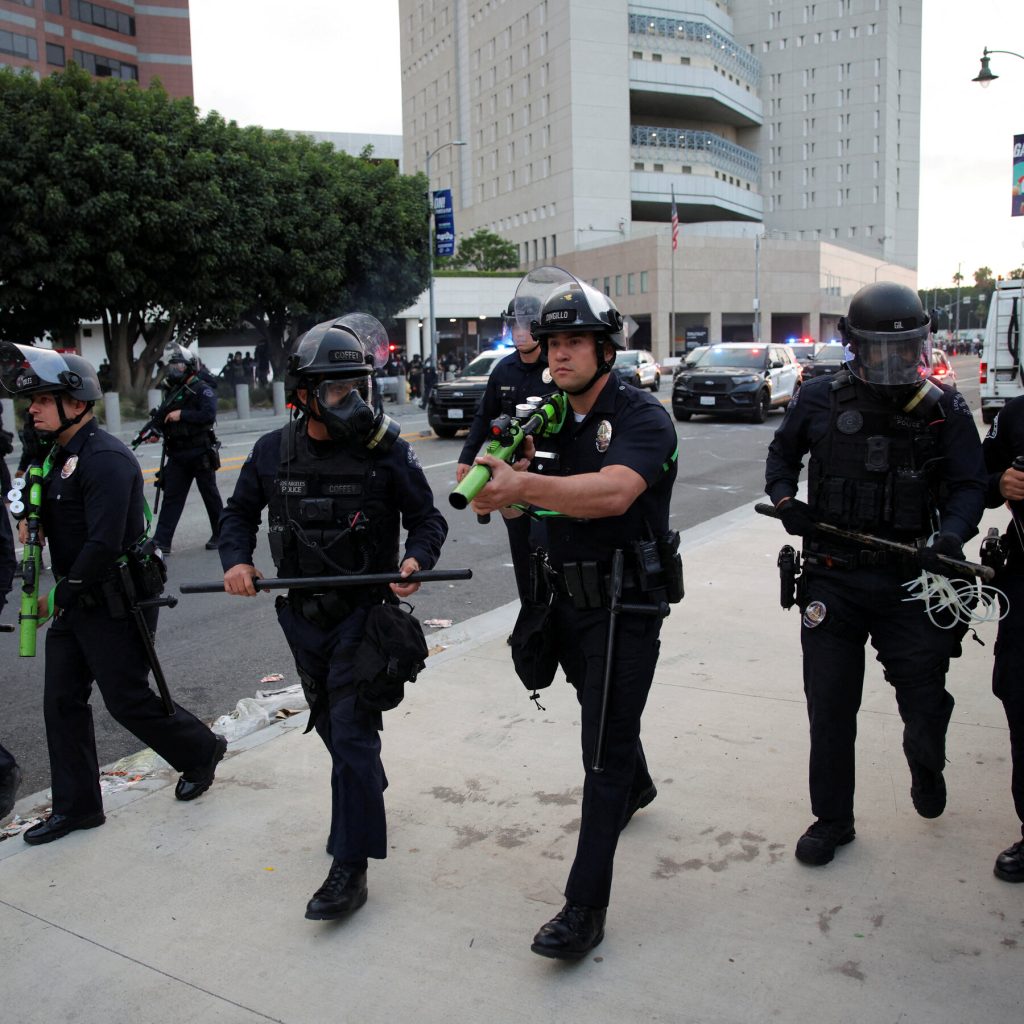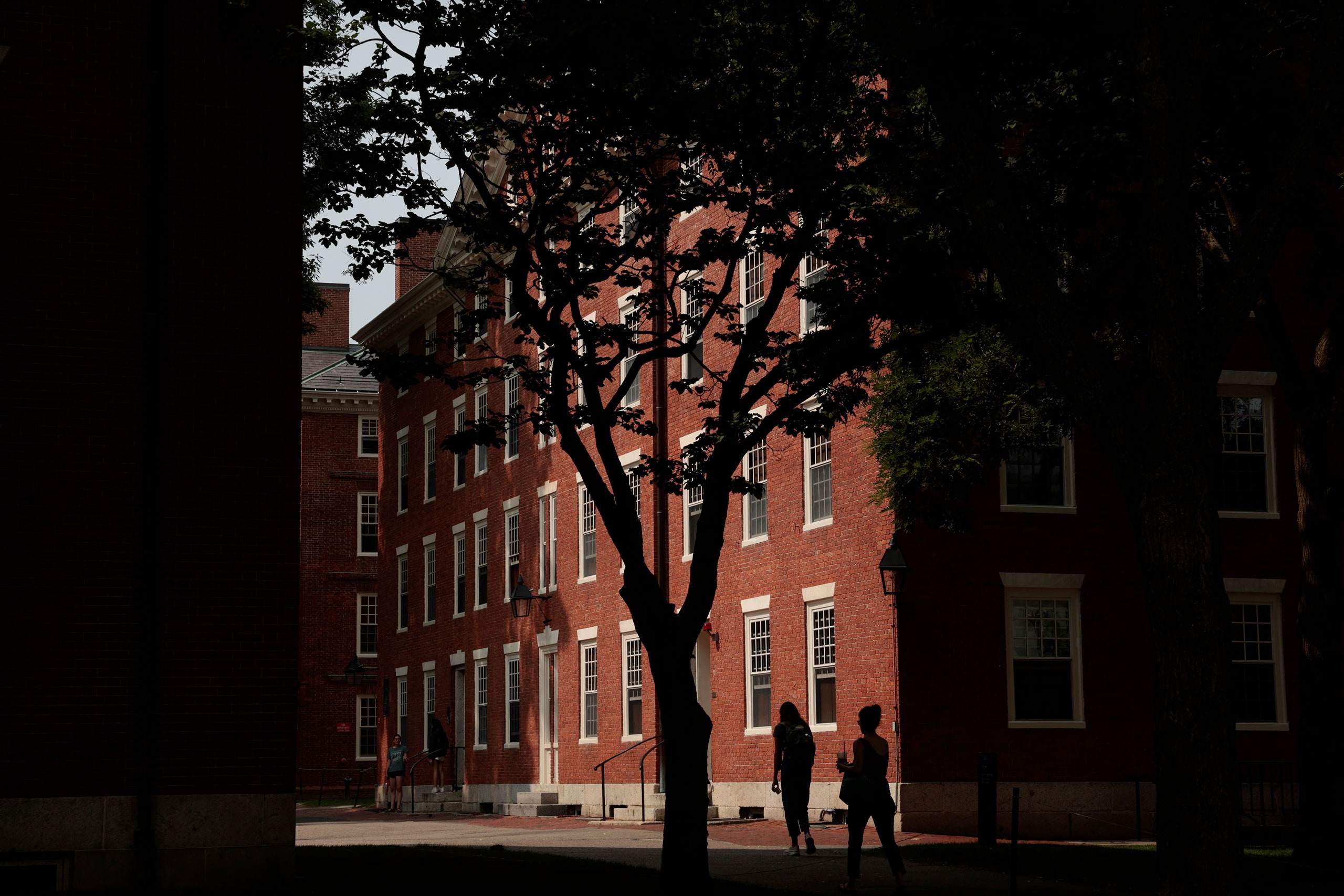Now Reading: How the Supreme Court Misunderstands Donald Trump
-
01
How the Supreme Court Misunderstands Donald Trump
How the Supreme Court Misunderstands Donald Trump

In March, the Trump Administration deported Kilmar Armando Abrego Garcia, a Salvadoran citizen residing in Maryland with his family, to a notorious prison in El Salvador. Following public outcry over Abrego Garcia’s deportation, the Administration admitted it was due to an “administrative error.” District court judge Paula Xinis ordered the government to facilitate Abrego Garcia’s return. The Supreme Court mostly supported this decision, but raised concerns about the scope of the order, emphasizing the need for the court to consider the Executive Branch’s authority in foreign affairs.
Despite the court order, the Administration has not complied, leaving questions about efforts to bring Abrego Garcia back. During a meeting with Salvadoran President Nayib Bukele in the Oval Office, Trump indicated no plans to bring Abrego Garcia back to the US. Advisor Stephen Miller contradicted previous statements, asserting that Abrego Garcia was not mistakenly deported but was supposed to be.
The Administration’s defiance of court orders, a recurring theme in recent months, raises doubts about whether the Supreme Court will push for compliance. In a separate case, the Court allowed the use of the Alien Enemies Act to deport non-citizens while ensuring their right to challenge removal through due process.
Recently, Steve Vladeck, a Georgetown law professor, discussed Trump and the Supreme Court, highlighting the Court’s stance on executive power and the implications for individuals sent to El Salvador. Vladeck expressed concerns about the Court’s reluctance to confront Trump and emphasized the need for clarity on the Administration’s actions.
The ruling in the Abrego Garcia case signaled a setback for the Trump Administration’s argument that courts lacked authority once someone was in Salvadoran custody. While the Court affirmed the court’s power to order the Administration to facilitate Abrego Garcia’s return, it stressed the need to consider the Executive Branch’s role in foreign relations.
The Court’s decision on the Alien Enemies Act case, rejecting mass removals and emphasizing individuals’ right to hearings, marked a rebuke to the Trump Administration. However, the distinction between administrative and habeas challenges led to a setback for current cases, highlighting the need for clarity on legal procedures.
The Supreme Court’s passive-aggressive approach, avoiding direct confrontations with Trump while not endorsing his actions, may only provide short-term solutions. Concerns remain about the fate of individuals already deported to El Salvador and the Court’s stance on Trump’s policies in the long run.






